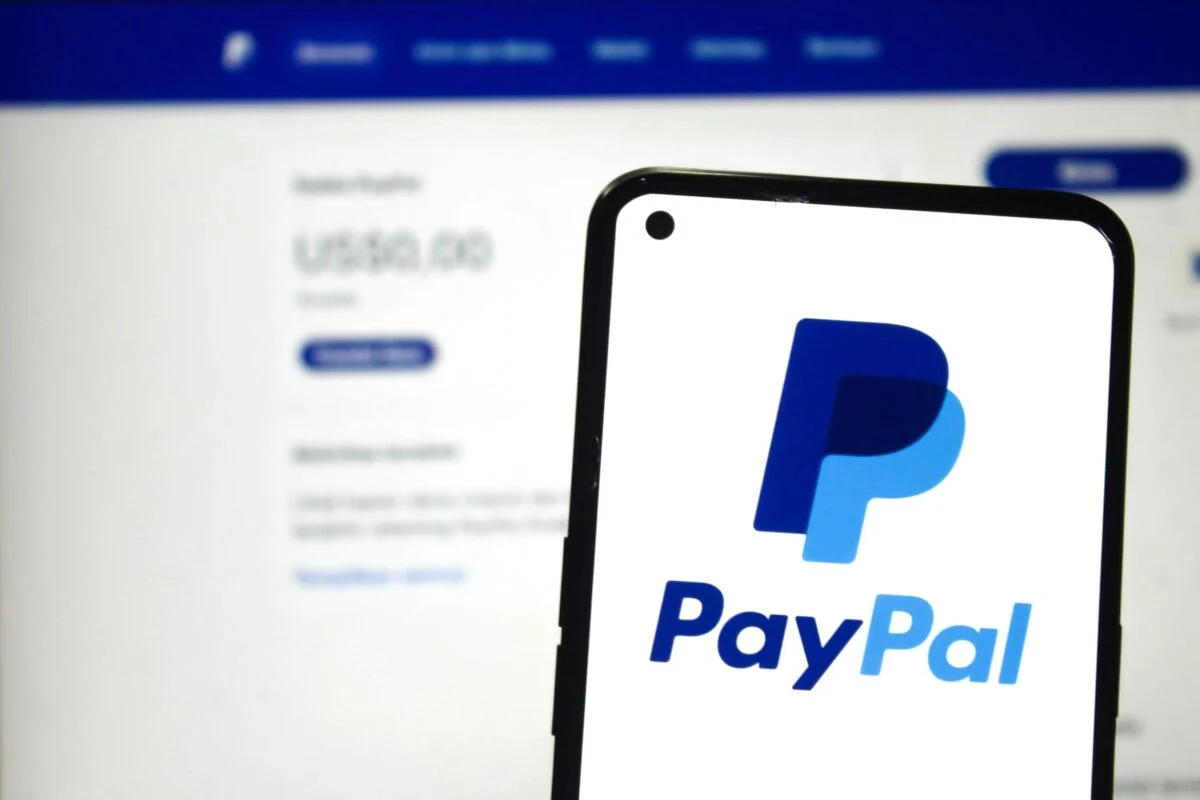TLDRs;
- PayPal boosts Shopware stake to 41%, acquiring additional shares from Carlyle Group to deepen its European strategy.
- Financial terms undisclosed, leaving Shopware’s valuation and profitability unconfirmed amid Germany’s filing transition rules.
- Shopware powers 50,000+ merchants, with 1,200 agency partners and 3,100 marketplace apps supporting ecommerce innovation.
- PayPal’s larger role could strengthen cross-border payments and expand co-sell opportunities across Europe’s ecommerce ecosystem.
PayPal is increasing its stake in Shopware, a German-based ecommerce software company, from roughly 11% to 41%, according to sources close to the matter.
The additional shares were reportedly acquired from a fund managed by Carlyle Group, marking a significant deepening of PayPal’s relationship with the long-standing ecommerce platform.
Founded by Sebastian and Stefan Hamann, Shopware has been providing open-source ecommerce solutions for over two decades. The company empowers more than 50,000 merchants worldwide, with a strong concentration in Germany and across Europe.
PayPal and Carlyle jointly invested US$100 million in Shopware back in February 2022. This latest deal, however, increases PayPal’s strategic influence within the company, potentially giving the payments firm more leverage over Shopware’s future integrations, product development, and merchant strategies.
Deal Terms Remain Confidential
While the acquisition significantly raises PayPal’s ownership stake, the financial details and valuation of Shopware remain undisclosed. Sources indicate that the terms of the transaction are not publicly available, and neither company has revealed Shopware’s current revenue figures or profit margins.
German companies typically file their financial statements with the Bundesanzeiger (Federal Gazette) or the Unternehmensregister. However, updated filings for Shopware have not yet been made accessible under the country’s Act to Implement the EU Digitalization Directive (DiRUG), which shifted filing protocols starting August 2022.
As such, it remains unclear whether PayPal’s increased stake is tied to a period of rapid growth or a move to stabilize a key partner amid evolving ecommerce trends. Still, a 41% holding could potentially grant PayPal board representation or veto rights, depending on governance terms.
Strengthening Europe’s Merchant Ecosystem
PayPal’s move is consistent with its broader European strategy, forming stronger partnerships with regional fintech and ecommerce providers. By deepening its position in Shopware, PayPal gains closer access to the heart of Europe’s ecommerce ecosystem, where Shopware’s solutions power thousands of online storefronts.
Shopware operates a thriving partner network, featuring more than 1,200 certified agencies and over 3,100 extension apps. These tools enable merchants to customize their online stores, manage payments, and integrate third-party technologies.
Industry observers suggest that PayPal’s larger equity stake could pave the way for tighter product integrations, potentially linking PayPal’s payment services more seamlessly with Shopware’s merchant platform. Such collaboration could enhance merchant checkout experiences and streamline cross-border payments, an area where PayPal continues to dominate.
Implications for Agencies and Developers
The extended partnership also benefits agencies, developers, and Independent Software Vendors (ISVs) operating within the Shopware ecosystem. These partners can capitalize on potential co-marketing, integration, and co-selling opportunities as Shopware and PayPal align more closely.
The Shopware United community, an independent network of partners and developers, could see renewed interest from investors and acquirers. PayPal’s increased ownership signals growing commercial activity in Germany’s ecommerce software market, making it an attractive zone for mergers, acquisitions, and technology partnerships.
In the long term, PayPal’s expanded role may lead to deeper integration of payment technologies across European ecommerce, giving small and medium-sized businesses more flexible tools to compete globally.







